On Wednesday this week (11 September) the High Court in Pretoria is due to hear an important case that was launched urgently by Freedom Under Law (FUL) in May last year against the National Director of Public Prosecutions (NDPP) and five other public officials. The case challenges decisions by the acting heads of the NDPP and its Specialised Commercial Crimes Unit (SCCU) and by the National Police Commissioner withdrawing serious criminal charges and disciplinary proceedings against General Richard Mdluli, at the time the head of National Crime Intelligence of the SAPS. In June last year Judge Makgoba granted FUL an urgent interim order blocking the Commissioner from assigning any functions or duties to General Mdluli until FUL’s main application to set aside the decisions had been determined. The judge observed that the sooner the saga was brought to an end, the sooner the credibility of the police service and the justice system could be restored.
That saga is what FUL intends pursuing on Wednesday this week (11 September). It believes the case is extremely important, not only because it relates to the fitness of a controversial senior police officer to occupy a position of vital importance (and great power and influence) at the very heart of the nation’s security system. More importantly, FUL contends, the case touches on crucial aspects of the rule of law, the role and duties of the NDPP and the Commissioner, and the demands of the Constitution for accountable, transparent, reasoned and rational exercise of their powers. In particular FUL challenges as irrational and unconstitutional the relevant decisions taken by the acting head of the SCCU, Advocate Lawrence Mrwebi (backed by the acting head of the NDPP, Advocate Nomgcobo Jiba). These unilateral decisions flew in the face of the unanimous, considered and expert opinion of the senior investigators and prosecutors who were steeped in the cases against General Mdluli.
Only the NPA, the SCCU and the Commissioner are actively opposing FUL’s case, largely on technical/legal grounds. They challenge FUL’s standing to bring the case, challenge as hearsay the admissibility of many of FUL’s allegations (based on information derived from public sources), and on constitutional and labour law grounds deny the Court’s power to order reinstatement of the charges. None of them has complied properly with their legal obligation to file the full record of their deliberations leading to the disputed decisions; they have consistently failed to comply with the timetable prescribed by the court rules and by the deputy judge-president and the NDPP and the SCCU filed their argument only today. None of the respondents has dealt squarely with the substantive contentions advanced by FUL, and such defences as they have put up, FUL maintains, demonstrate their fundamental misconception of what is in issue here. Click here to access FUL's replying affidavit

